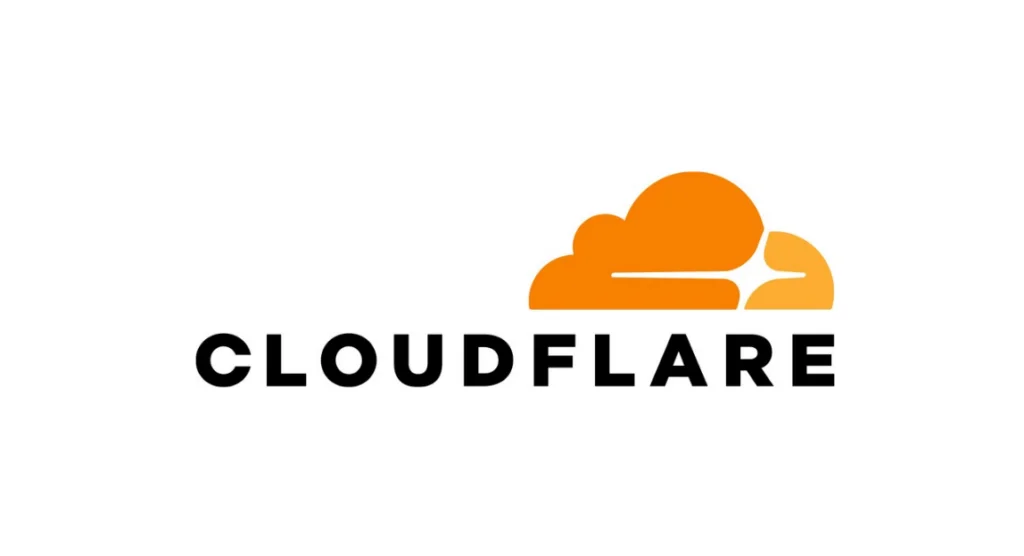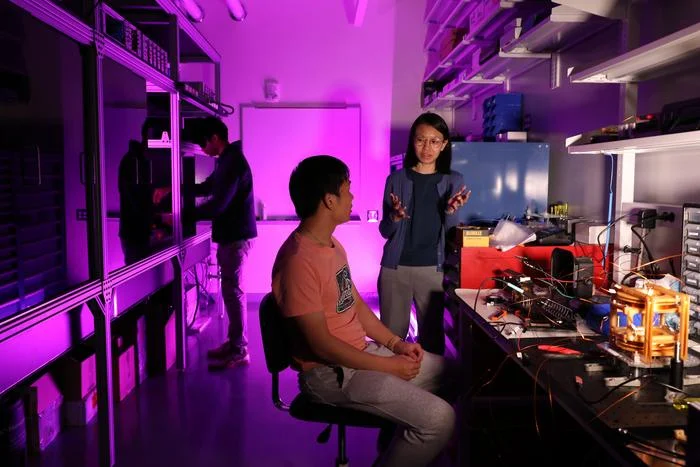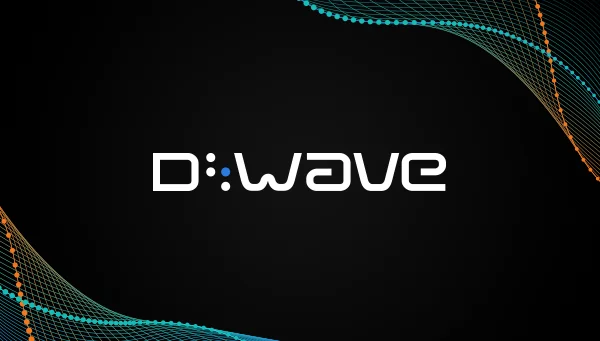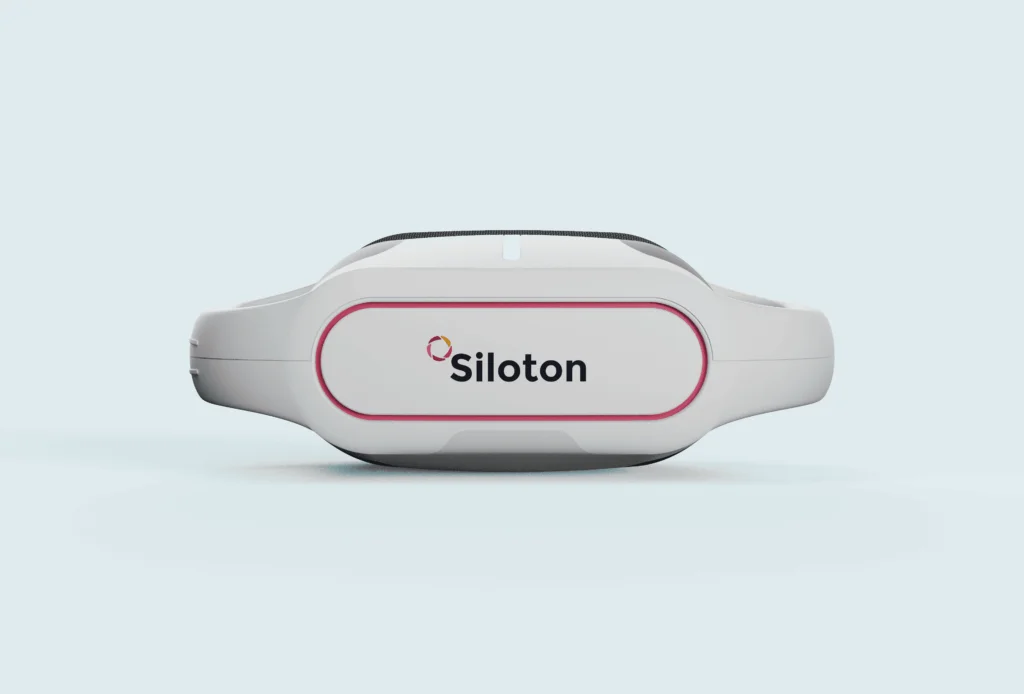The idea that a tech hub could rise in the Midwest once seemed improbable. For decades, Silicon Valley has long been synonymous with “epicenter of innovation.” However, predictions of a Midwest resurgence, made nearly a decade ago by AOL’s founder Steve Case—are beginning to take shape. Illinois is positioning itself as a quantum computing hub through tax incentives, major investments, and a growing quantum ecosystem, as demonstrated by recent developments in the state.
A Midwest Tech Hub Takes Shape
In 2014, Steve Case, co-founder of AOL, launched his “Rise of the Rest” bus tour with a vision to shift the dominance of tech innovation from the coasts to America’s heartland. His prediction was based on factors like lower costs, growing investment, and untapped potential in cities across the Midwest. Although initially met with skepticism, Case’s efforts have led to tangible progress, as discussed in a WIRED interview.
Illinois is emerging as a key player in this trend. Once known primarily for its industrial base, Chicago is now establishing itself as a global hub for quantum technology. The state’s efforts to become a leader in this field have been supported by government initiatives and collaborations with private companies, showing the Midwest’s potential for significant technological growth.
Quantum as Illinois’ Bold Bet
A major driver behind Illinois’ rise as a tech hub is Governor J.B. Pritzker’s $500 million investment in quantum technology, a central part of the state’s 2025 budget. This initiative includes the development of the Illinois Quantum and Microelectronics Park (IQMP), located on Chicago’s Southeast Side. The park will serve as a key site for the first utility-scale quantum computer, developed by PsiQuantum.

The decision to focus on quantum computing aligns with the state’s broader goal of encouraging economic growth through emerging technologies. Pritzker has emphasized that this investment will help Illinois lead in coveted industries such as quantum computing, artificial intelligence, and semiconductors. The state’s existing infrastructure—such as the Chicago Quantum Exchange—has already attracted significant federal and corporate investment.
Tax Breaks as Investments in Illinois’ Tech Hub Development
According to the Chicago Tribune, Illinois’ strategy for attracting companies like PsiQuantum relies heavily on tax incentives, particularly through the MICRO Act, which provides long-term tax breaks and other financial incentives to firms engaged in quantum research and development. These tax breaks reduce property assessments for quantum companies by 15 percentage points for 30 years, significantly lowering their tax obligations and making Illinois a more attractive location for high-tech industries.
While proponents, such as Cook County Board President Toni Preckwinkle, argue that these incentives will lead to long-term economic benefits like job creation and increased investment, critics are concerned about the immediate impact on local residents. The Chicago Tribune notes that many Cook County homeowners are already grappling with rising property taxes, and there are questions about whether these incentives will truly benefit the broader community.
The tax breaks are part of a broader strategy aimed at establishing Illinois as a leader in the quantum, semiconductor, and microelectronics industries. This approach mirrors successful models from other regions, like Colorado and the Mountain West, where similar tax incentives and federal funding have been used to build thriving tech ecosystems. The goal is to create a self-sustaining ecosystem in Illinois, where partnerships between government, academia, and private companies can drive innovation and growth over the long term, aligning with the vision of Steve Case’s “Rise of the Rest” initiative.
The Emergence of Chicago as a Quantum Hub
Illinois’ quantum initiatives are not limited to attracting individual companies. The state’s Chicago Quantum Exchange serves as a hub for collaboration between universities, national labs, and corporate partners. Based at the University of Chicago, the CQE has been instrumental in securing over a billion dollars in investment, driving Illinois’ efforts to become a leader in quantum research and development.
The Chicago Quantum Exchange connects institutions such as the University of Illinois and Fermilab with private companies to foster a vibrant quantum ecosystem. This collaboration has put Illinois on the map as a leader in the field, which aligns with the state’s broader goal of becoming a national hub for quantum computing.
A Vision Come to Life
As Illinois continues to attract major quantum players like PsiQuantum, the state is positioning itself for long-term success. The state’s efforts to build a quantum ecosystem, supported by tax breaks and significant investments, signal that Illinois is serious about becoming a leader in this field. Whether the state can fully capitalize on this opportunity remains to be seen, but the groundwork is being laid for a quantum future that could reshape the Midwest’s economic landscape. Steve Case’s already impressive resume just gained a new title: oracle.















